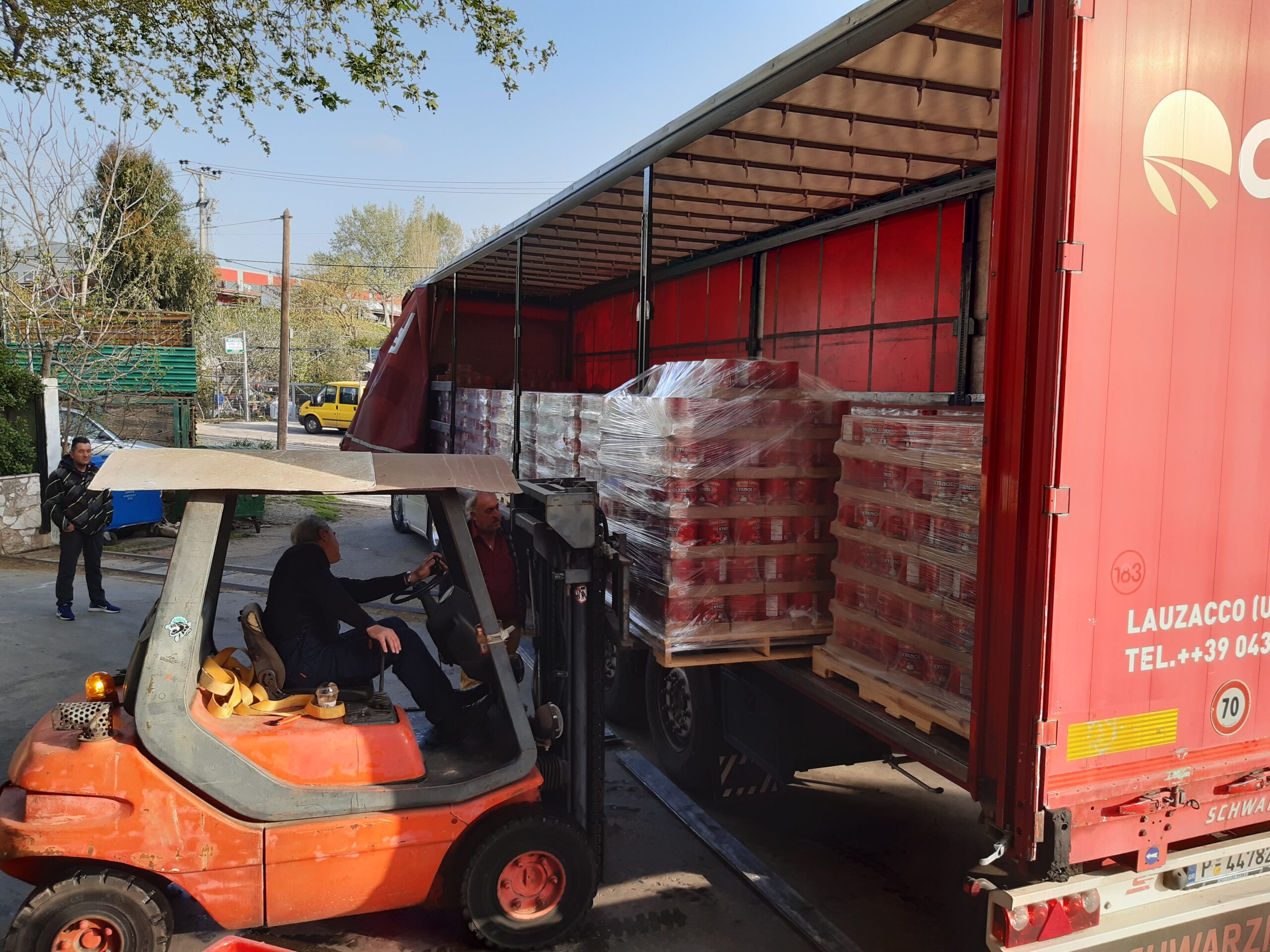The supply of food increased during the lockdown period, but the waste remains a significant problem.
It is indicative that since the beginning of the year the offers at the Food Bank in Greece exceed 630 tons with an increase of 50% compared to the corresponding period last year. Especially in April, a record was set in the middle of quarantine, with almost 260 tons. In May the offers exceeded 140 while in June already in a few days the offers exceed 25 tons […].
The offer, which demonstrates the society‘s increased reflexes to meet the extraordinary needs of the pandemic in vulnerable groups, is largely due to products that are tied to the shelves of closed stores. Due to the lockdown, significant food supplies, especially from some companies, could end up in the trash if there was no mechanism to use them and make them available to people in need[…].
The data of the Food Bank
The Food Bank Foundation, which has completed 25 years of presence as the leading body with know-how and the purpose of combating hunger and waste, has gained extensive experience in these areas […].
Dimitris Nentas, General Manager of the Food Bank, said that in the first period of the corona virus crisis was really complicated since charities and associations ceased to function. Some agencies, such as e.g. nursing homes continued to operate but with extremely strict protocols. However, according to Mr. Nentas, the situation has gradually changed. The agencies expanded their operations and as social needs became more and more intense, they were motivated and began to serve food […].
However, it should be noted that as the market situation normalizes, companies are making more reliable forecasts for consumption, which will lead to a balance between supply and demand and therefore potentially smaller surpluses […].
Food Bank executives, however, say they are ready to handle the demand. And they are already in contact with companies, which in the context of CSR programs assist the work of the Food Bank.
Translation conducted by FEBA.
To read the original article, please access here.




